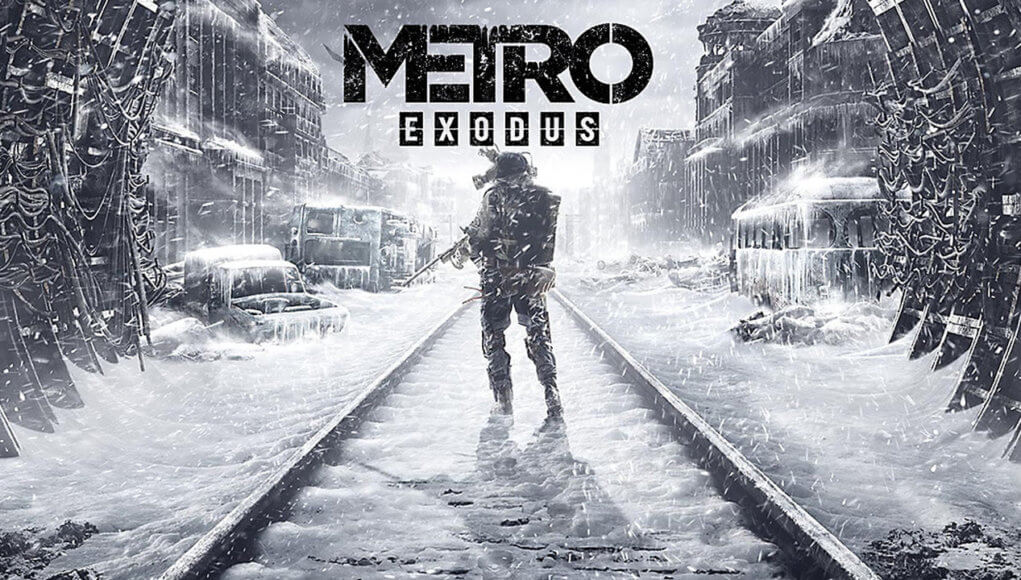Metro Exodus, the third instalment of 4A Games’ Metro series, opts for stealth rather than the usual run and gun gameplay associated with first-person shooters. And, with plenty of hype surrounding its release, it did not disappoint.
Exodous follows series protagonist Artyom and his dream of a threat-free life. Accompanied by his wife Ana and a crew of surviving soldiers led by Ana’s father, Colonel Miller, they travel across post-apocalyptic Russia in an ever-altering train called Aurora.
While Metro is best known for its subterranean, survival-horror theme, Exodus takes you above ground without dulling the tension and fear the series is known for. A more open game than previously seen in the series, it still manages to keep you fearing the worst and feeling claustrophobic—even with vast, open environments. This change in direction is also apparent in its story. Previous games had a more supernatural twist, but Exodus focuses on the human elements.
It looks to be 4A’s most immersive Metro experience yet, with the game’s year-long story exploring a variety of different surroundings, from winter-struck Moscow where the story begins, to an autumnal deserted forest town.
Exodus scores particularly highly in replayability. This is because actions in each chapter lead to different outcomes in the latter half of the game and because of its open world. The game has two endings, one distinctly more difficult to achieve, giving players the chance to replay multiple times, making different choices, to try to unlock the second ending. It also includes multiple side quests and hidden treasures – everything from hidden bunkers and caves to explore for better loot, to helping a crew member retrieve a lost guitar. These help give meaning to exploration and act as distractions from the ever-tense main story.
One of the best bits of both Exodus and the series is scavenging for supplies, best done by using logical solutions rather than adopting an all-guns-blazing approach. With sparse ammo and workbenches available to craft DIY resources/updates, Exodus encourages pragmatic approaches to fit different situations. This includes staying hidden to avoid confrontation or even avoiding certain areas all together. The saving grace is often your backpack which can be pilfered to create often needed med kits or filters for your gas mask or as a resource to help create make-do ammo and other necessities.
As with every game, Metro Exodus has its faults, the most egregious being Artyom’s dialogue – or lack of it. During the loading screen, Artyom reads logs from his diary, even though he remains silent during gameplay. This choice to not voice him universally doesn’t make any sense given a voice actor was hired for these entries. The decision is made even more bizarre by the fact nearly every mission sees Artyom travelling alone, with crew members from the Aurora contacting him regularly via radio communications, asking questions or giving instruction and getting no response. While this doesn’t affect how well the story is presented, it does seem to be a missed opportunity to fully immerse players in the story.
There are a few minor launch-time bugs, such as a button not responding correctly, or finding your character glitched half way into a table, or progression blocked by a character simply stood in the way.
But other than the one big-bug of Artyom’s silent treatment, Exodus is a well-polished, almost fault-free game with an eerie atmosphere, dark storyline and tense gameplay.
Metro Exodus will leave players wanting to play over and over again with its variety of story options, scope for meaningful player decisions and vast areas to explore.
And – if you are listening 4A, let Artyom speak!
Owen Quinn




